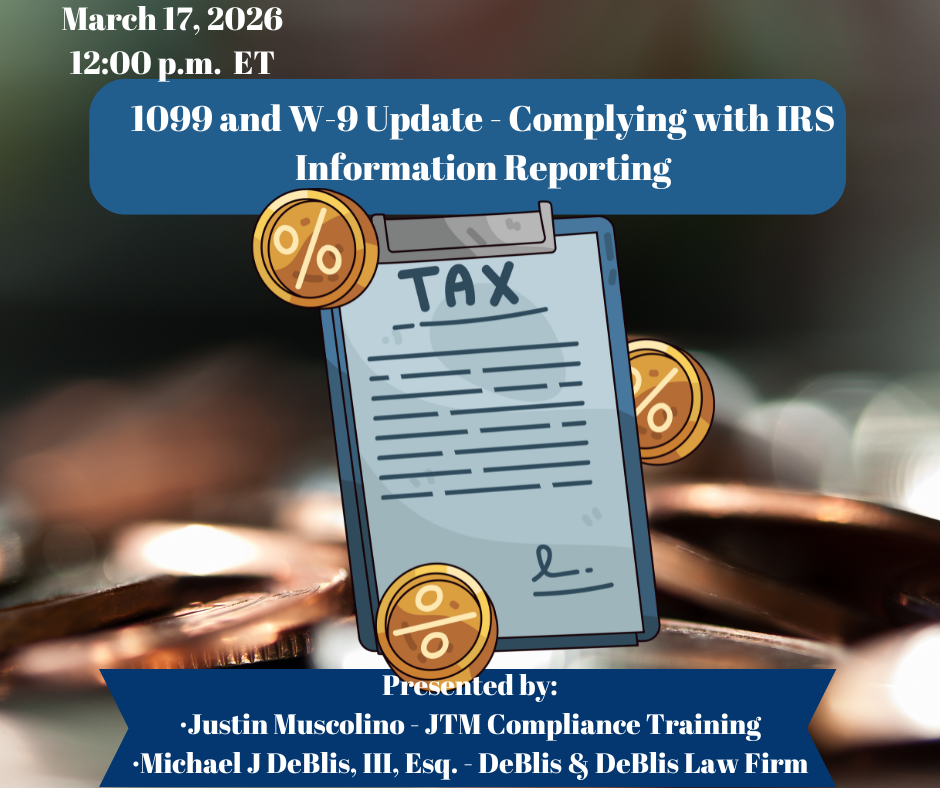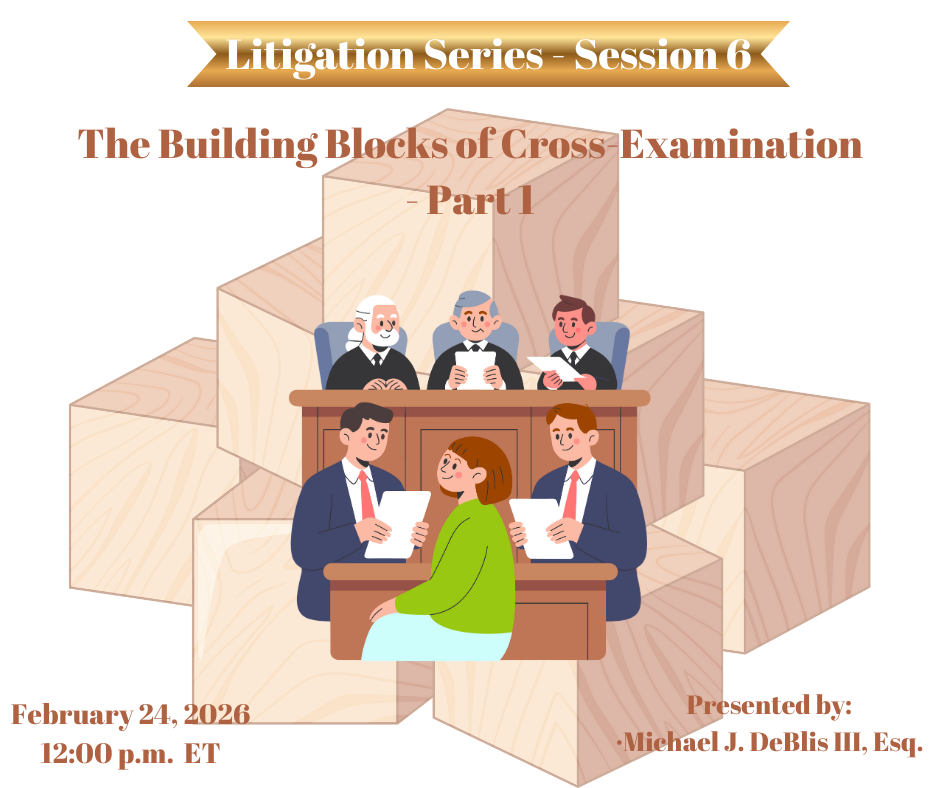
Exciting new series on “Voice, Body and Movement for Lawyers – How to connect with the jury and find Justice Through Dramatic Technique!”
Click here to find out more
International commercial arbitration allows parties from different national backgrounds to, by consent, resolve their transnational business disputes through arbitrators rather than national courts. The decision of those arbitrators will generally be binding upon the parties to the dispute. Although the process can be similar to U.S. court litigation, this forum presents several additional tools for use and factors to be considered.
This program provides practicing lawyers with a foundation in international commercial arbitration. It starts with the basic principles of and general framework for international commercial arbitration, including an overview of the New York Convention. It then turns to the procedural rules and phases of an international commercial arbitration proceeding that practitioners encounter once a dispute has arisen. Finally, the program briefly addresses and distinguishes investor-state arbitration and international mediation generally.

Many lawyers may not fully understand the Bar rules and ethical considerations regarding client repr...

This CLE program covers the most recent changes affecting IRS information reporting, with emphasis o...

As artificial intelligence becomes the engine of the global economy, the value of "AI-ready" data ha...

This CLE session introduces attorneys to budgeting and forecasting concepts used in corporate planni...

Part I introduces the foundational principles of cross?examination, explaining how lawyers must meth...

Designed for beginning estate planning attorneys, this comprehensive course provides a practical fou...

This session highlights the legal and compliance implications of divergences between GAAP and IFRS. ...

Explore the transformative potential of generative AI in modern litigation. “Generative AI for...

Part 2 dives deeper into advanced cross?examination techniques, teaching attorneys how to maintain c...

This companion program to Part 1 goes deeper into the rhetorical power of Shakespeare, emphasizing h...